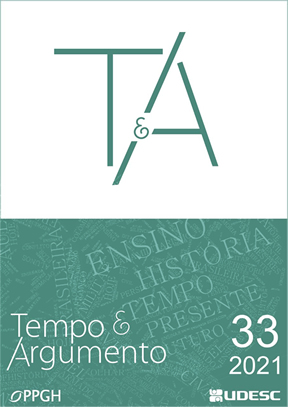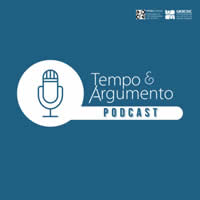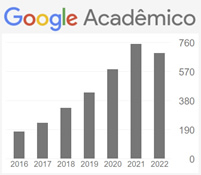“Decifra-me ou te devoro!” - os desafios propostos pelas diretrizes curriculares nacionais para os cursos de formação de professores e as licenciaturas em História (2002-2019)
DOI:
https://doi.org/10.5965/2175180313332021e0112Resumen
O artigo problematiza as diretrizes curriculares aprovadas pelo Conselho Nacional de Educação, desde o início deste século, perscrutando as determinações propostas para os percursos de formação docente. As diretrizes são confrontadas com a análise dos perfis de egressos de 75 percursos curriculares de formação de professores de História, contidos nos Projetos Pedagógicos de Curso oferecidos por instituições públicas de ensino superior. Argumentamos que as diretrizes promulgadas em 2002 e 2015 apontam a necessidade de mudanças na formação inicial, mas mantêm a matriz de formação pautada no domínio dos saberes de referência e das ciências da Educação. As diretrizes aprovadas em 2019 subvertem aquela matriz, ao conceber a formação docente como a apropriação de procedimentos necessários à implementação do currículo proposto para a Educação Básica. Nos 17 anos que separam 2002 de 2019, os cursos de licenciatura em História promoveram alterações formais que não enfrentaram as questões propostas pelas diretrizes. O artigo aponta, então, a necessidade de os cursos de formação de professores de História atentarem para a formação docente, enfrentando as questões situadas por aquele conselho, de modo a não sucumbirem ao princípio subjacente às últimas diretrizes aprovadas: a precarização das licenciaturas e da docência.
Palavras-chave: formação de professores; licenciaturas em história; currículo; ensino de história; legislação.
Descargas
Descargas
Publicado
Cómo citar
Número
Sección
Licencia
Derechos de autor 2021 Revista Tempo e Argumento

Esta obra está bajo una licencia internacional Creative Commons Atribución-NoComercial 4.0.
Os artigos cujos autores são identificados representam a expressão do ponto de vista de seus autores e não a posição oficial da Tempo e Argumento.





